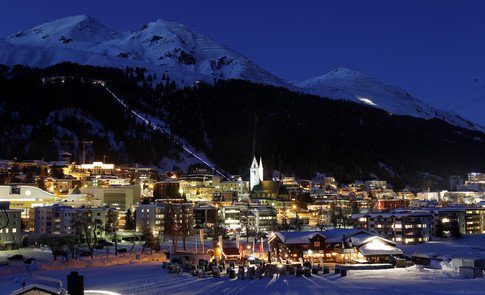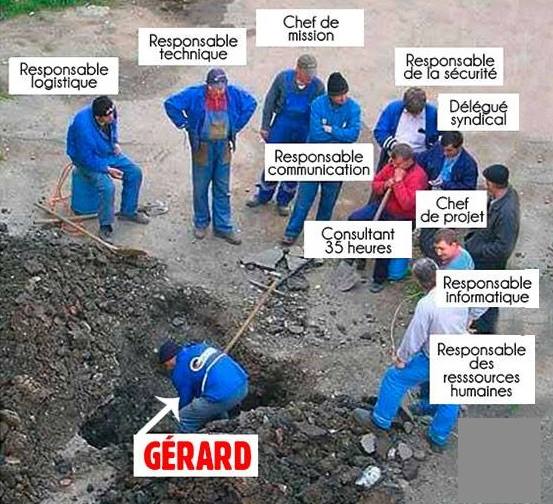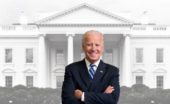Re Ian Bremmer 'Could third-party candidates upend the 2024 US election?' 3 April The current political movement in the USA…
Wednesday Night #1768
Written by Diana Thebaud Nicholson // January 20, 2016 // Wednesday Nights // Comments Off on Wednesday Night #1768
The rich, powerful, famous, and even infamous, are congregating in the temporarily gated community of Davos for the 46th annual meeting of the World Economic Forum to discuss “Mastering the Fourth Industrial Revolution” while Oxfam reminds them that Sixty-two people have the same amount of wealth as half the world. Just prior to the meeting, the World Economic Forum’s Global Risks Report 2016
was released. Its findings? The risk with the greatest potential impact in 2016 is a failure of climate change mitigation and adaptation, while the number one risk in terms of likelihood is large-scale involuntary migration.
The Davos programme is vast, with topics ranging from Addressing Alzheimer’s and Cancer Moonshot: A Call to Action -US Vice-President Joe Biden convenes international leaders in cancer research, cancer treatment and data science to discuss potential opportunities to advance the pace of progress in the fight against cancer, to A World Without Work?, The Future of Education: Lessons in Uncertainty, The Future of Europe , and Eurasia and the Modern Silk Road – each of which could be – and often is – the subject of an entire international conference.
We would probably opt for An Insight, An Idea with Kevin Spacey — A conversation with actor and director Kevin Spacey [certainly one of the most talented and articulate attendees] about his acclaimed performance in the series House of Cards and the theatricality of American politics in this election year.
Speaking of which, in a plot twist that would be laughed off the screen, but was highly predictable, Sarah Palin has endorsed Donald Trump. Tina Fey must be thrilled. Now who can we get to endorse Kevin O’Leary to add equal value entertainment? On the other hand, it is good to see Preston Manning speaking out with some concrete proposals for Recharging the Canadian right.
PM Justin Trudeau is featured as a keynote speaker on Wednesday morning at the WEF in a session on The Canadian Opportunity with the ubiquitous Klaus Schwab and Fareed Zakaria. He arrives at Davos from the cabinet meeting in New Brunswick which ended on a sour note with the announcement that PotashCorp has suspended indefinitely (read closed) operations at the Picadilly, N.B. mine, with the loss of 430 jobs. Justin Trudeau’s cabinet retreat stays on track until the end, almost – Events overtake Justin Trudeau’s cabinet retreat in New Brunswick on final day. CBC’s Neil Macdonald cautions that Davos heavy hitters know all about Canada and while It’s a PM’s job to cheerlead, especially on the world stage, there is real work at home. He points to some of the grim realities of the Canadian economy starting with the Parliamentary Budget Office report that Canadians are headed towards being the most indebted population in the G7.
Canada is not alone in facing economic doldrums. The IMF has downgraded its global forecast, adding warnings that if key challenges are not successfully managed, “global growth could be derailed”. Furthermore, the Financial Times Wednesday morning update from Davos sounds this gloomy note Global economy hangs in balance
World teetering between continued recovery and third leg of financial crisis, say economists
Some of the big name economists in the Swiss Alps this week are notably pessimistic, thinking this adjustment will be more difficult than the IMF central forecast expects.
Noting “the third leg of the debt supercycle does seem to be upon us”, Professor Kenneth Rogoff of Harvard said: “Anyone who is still telling the ‘this time is different’ story for China has their head in the sand”.
Richard Baldwin, professor of international economics, at the Graduate Institute, Geneva, said: “There are a number of vulnerabilities that individually would suggest problems and slowdowns, not a crisis with a capital ‘C’. But these vulnerabilities could merge into new Crisis”. …
Most of the economists attending the forum said they thought there was a risk advanced societies would struggle to adapt sufficiently quickly to rapidly advancing technology, although this was less of an immediate concern.
“Equally serious is the possibility that the newly arriving technologies will do nothing to kindle growth of productivity and revive enthusiasm for enterprise,” Prof Phelps said
We are dismayed by the announcement by Postmedia that it is (actually has) cut 90 jobs and newsrooms in Vancouver, Edmonton, Calgary, Ottawa are to be merged. “Each city will have one newsroom,” Godfrey said, and the two papers will be run by one editorial team. We are not sure how this will work. We must agree with Unifor president Jerry Dias that”This is an enormous concentration of media control into a few hands. Centralized news gathering and opinions, including in local news, do not add to the national debate that helps build a functioning democracy.”
David Jones [Old Enemies Renew Hostility: Saudi Arabia vs. Iran] and David Kilgour [Rivalry and Mistrust Mark Relationship of Saudi Arabia and Iran] turn their attention this week to the fraught relationship between Saudi Arabia and Iran. David Jones pulls no punches in expressing his dislike of the Iran nuclear agreement.
Rhodes Scholars Laud Unique Canadian Learning Program
It’s difficult to draw similarities between Rhodes Scholars with varied backgrounds and interests, but for the most recent Canadian recipients of the prestigious award, three had participated in a unique learning program open to high school students.
SHAD, a Waterloo-based charity that operates at host universities across Canada, offers one-month summer learning programs open to high school students. It introduces the students to a multi-disciplinary program combining science, technology, engineering, and math, with each campus offering an immersive program of lectures, workshops, projects, and activities.
The aim is to help the students “expand their intellectual, creative, and leadership skills and find their own Uncommon Purpose,” according to SHAD’s website. The program is followed by internship opportunities, and an Entrepreneurship Cup is held every October.
Thirty participants in the program have gone on to become Rhodes Scholars.
Can education beat inequality? – a deeply thoughtful piece by Drew Faust, President of Harvard, in which she reflects on the role that higher education has to play to ensure that more individuals are prepared to reap the benefits of the coming age. “Knowledge is — and will remain — the most powerful currency, and economic mobility continues to be contingent, in large part, on access to quality education.”
If you weren’t invited to Davos – or the Gulfstream was being serviced – and you are in Montreal, you might like to accept Ville-Marie MP Marc Miller’s invitation to a Pre-budget consultation from 6 to 8pm this Wednesday (January 20) evening at Room 26, McGill’a Leacock Building.
Congratulations to Kyle Matthews and his MIGS colleagues. Wednesday’s event, Covering Conflict: A Conversation with The New York Times war correspondent C.J. Chivers is sold out. If you were not one of the lucky ticket holders, Open Canada offers some consolation with this excellent interview.
Not to be missed February 11-12
The McGill Institute for the Study of Canada’s annual conference is titled Canada on the Global Stage: Exploring Canada’s Image and Role in the World The diverse group of leading academics, activists, business shapers, and public officials who will tackle a range of questions concerning the way forward for Canada and its new government include several Wednesday Nighters, notably our very own Middle East expert, Joumane Chahine.
We did miss the very interesting event at CÉRIUM last Thursday Conversation avec Chrystia Freeland, ministre du Commerce international, which focused on TPP. However, Cleo Paskal, who was one of the panelists, will be with us and will share her impressions. A propos TPP, Seven Ways TPP Favours Mega-rich Foreign Investors, Not Canadians raises some good points. But that may be purely academic if this somewhat misleading headline is to be believed. — Liberals Say No Free Vote On Trans-Pacific Partnership





